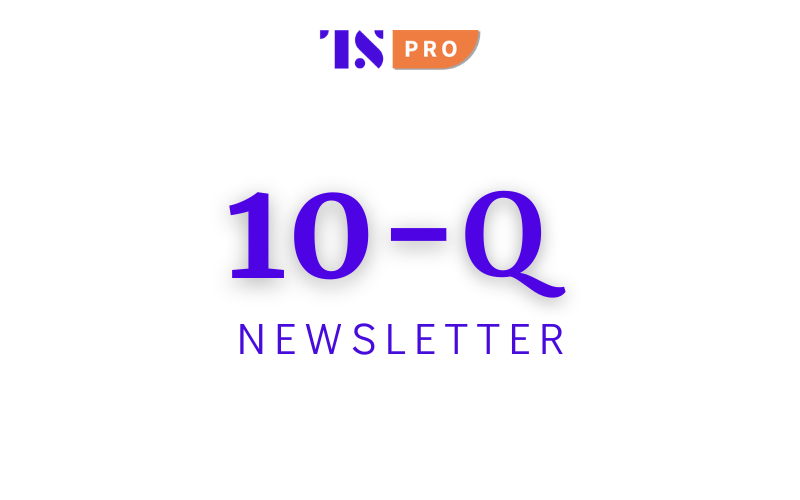The strategies behind MoneyLion’s march to profitability
- MoneyLion's strategy capitalizes on the margin differentials between first-party and third-party products, achieving a 90% product margin through cross-selling initiatives.
- The firm is pursuing continuous enhancements and investments in its business operations, particularly in expanding the depth of the overall marketplace experience going forward.

The question of profitability has long loomed over neobanks. Many grapple with issues such as low retention rates and challenging unit economics. A contributing factor is that many of their customers do not use neobanks as their main accounts. Exacerbated by their dependence on slim interchange fees as the main revenue source, cheaper rates, and no monthly fee payments that cut into their profits, neobanks have historically struggled to become profitable.
However, last year witnessed a performance turnaround as neobanks began expanding their services with a wide range of bundled services. Neobank Dave achieved profitability in the last quarter of 2023, while MoneyLion, initially a neobank but now transitioning into a marketplace-first model, recorded its first positive Adjusted EBITDA in the first quarter of the same year.
MoneyLion acquired two businesses which now function as an embedded banking product platform and an influencer content studio. Last week the firm reported its first-quarter results for this year. It was a strong quarter, with $121 million in revenue, representing a 29% YoY growth, and up 19% from the prior quarter, while the Adjusted EBITDA margin in Q1 was +19.4%.
“The top factor in our results can be attributed to our diversified business model,” Dee Choubey, CEO of MoneyLion told me. “We continued to scale our consumer reach to record levels, further developed our marketplace, and enhanced our personal financial management (PFM) experience.”







